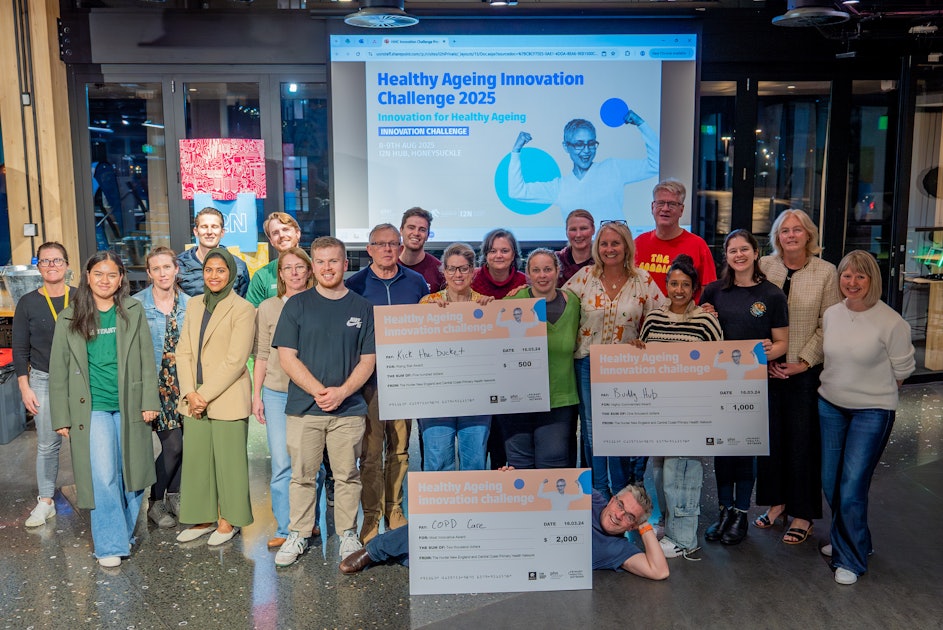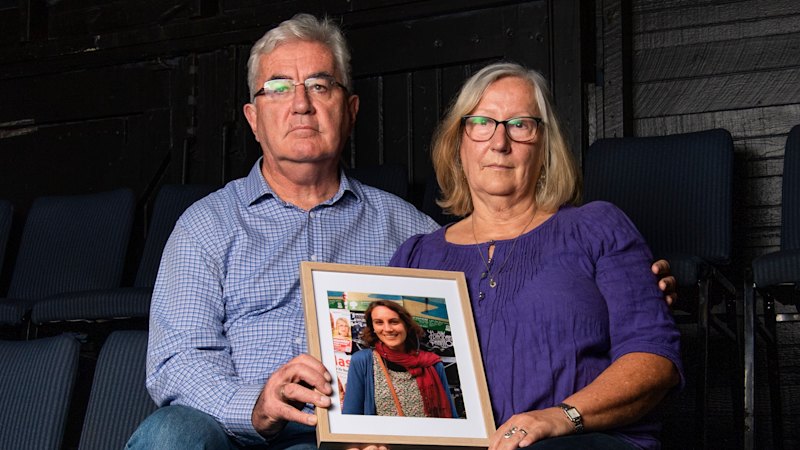
The Hunter New England Central Coast Primary Health Network (HNECC PHN) and the University of Newcastle’s I2N Institute have successfully wrapped up their “Healthy Ageing Innovation Challenge,” a groundbreaking initiative aimed at bridging socioeconomic disparities in healthcare access for older adults. Conducted over July and August, this three-phase program has brought forth innovative solutions to one of healthcare’s most pressing issues: equitable access to healthy ageing resources.
The challenge posed a critical question: “How might we improve and maintain equitable access to healthy ageing resources for older adults from diverse socioeconomic backgrounds in our communities?” By uniting innovative minds, industry expertise, and cutting-edge technology, the initiative sought to develop practical and scalable solutions.
A Multi-Phase Approach to Innovation
The “Healthy Ageing Innovation Challenge” unfolded through a series of structured events designed to tackle the complexities of healthcare equity. The initiative began with an information session, where participants gained insights into the challenges faced by older Australians from varied socioeconomic backgrounds. This was followed by an expert panel discussion and culminated in a challenge weekend, where teams developed and refined their solutions.
Expert Insights and Industry Perspectives
The expert panel featured industry leaders who shared their perspectives on healthcare accessibility barriers. Notable speakers included Viv Allanson from Maroba, who provided deep community health insights, and Professor Julie Byles from the Hunter Medical Research Institute/University of Newcastle, who contributed her research excellence in healthy ageing. Scott Lynch from Community Therapy offered practical therapeutic perspectives, while Deb Moore from Active, Stronger, Better shared her expertise in community wellness programs.
“This initiative has highlighted the importance of collaborative efforts in addressing healthcare disparities. By bringing together diverse expertise, we’ve been able to create solutions that are not only innovative but also practical and scalable,” said Professor Julie Byles.
Challenge Weekend: A Sprint Towards Solutions
The challenge weekend served as an intensive innovation sprint, where participants worked in teams to develop and refine their solutions. This hands-on approach allowed for the application of insights gained from the earlier sessions and facilitated the creation of tangible outcomes. The solutions developed during this phase are expected to have a significant impact on improving healthcare access for older adults in the region.
According to Scott Lynch, “The challenge weekend was a testament to the power of collaboration. By working together, we were able to address complex issues and develop solutions that have the potential to make a real difference in people’s lives.”
Implications and Future Prospects
The successful conclusion of the “Healthy Ageing Innovation Challenge” marks a significant step forward in addressing healthcare equity. The solutions developed during the initiative are poised to be implemented across communities, potentially transforming the landscape of healthcare access for older adults.
This development comes at a time when the ageing population is growing, and the need for equitable healthcare access is more critical than ever. The challenge has not only provided a platform for innovation but has also set a precedent for future initiatives aimed at tackling similar issues.
By the Numbers: According to recent statistics, the number of Australians aged 65 and over is projected to double by 2050, underscoring the urgency of addressing healthcare equity.
As the initiative moves forward, the focus will be on implementing the solutions developed during the challenge and monitoring their impact on communities. The collaboration between HNECC PHN and the University of Newcastle’s I2N Institute serves as a model for future efforts to bridge healthcare gaps and ensure that all individuals, regardless of their socioeconomic background, have access to the resources they need for healthy ageing.
The “Healthy Ageing Innovation Challenge” has set a new standard for addressing healthcare disparities, and its success is a testament to the power of collaboration and innovation in driving meaningful change.







